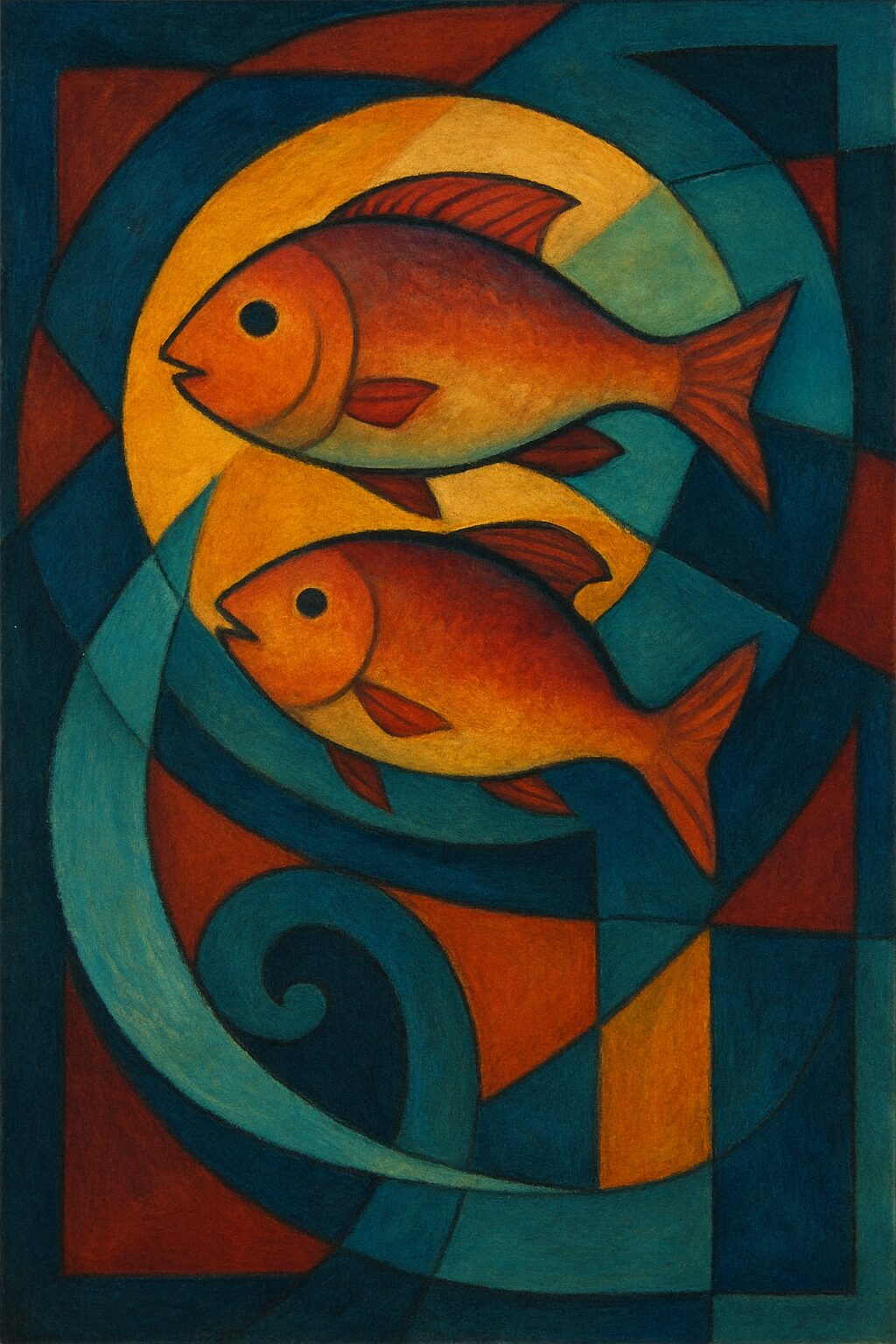People prefer politeness
Over kindness.
Politeness creates boundaries,
Within the comfort zone.
Kindness is intimate,
It penetrates through the skin,
And touches the heart.
Politeness dresses nicely,
Kindness is naked.
Politeness is a mask we wear,
Kindness, the face beneath.
One shields, the other shares,
Our true humanity.
People prefer the shallow,
Over the deep and true.
Skimming life’s surface,
Afraid to dive into the blue.
People prefer entertainment,
Over reality, journey, friendship,
Exploration and discoveries.
It is harder to consume
The fabricated,
Than it is to feel
Life.
Reality demands presence,
Entertainment is a mere distraction.
Only one shapes our essence.
In the quiet of authenticity,
We find our loudest truths.
Yet we cling to noise,
Evading the wisdom of our youth.
People’s preference is
A paradox.
Filed under: 🜁 Self – tracing the inner landscapes of thought, feeling, and becoming.
